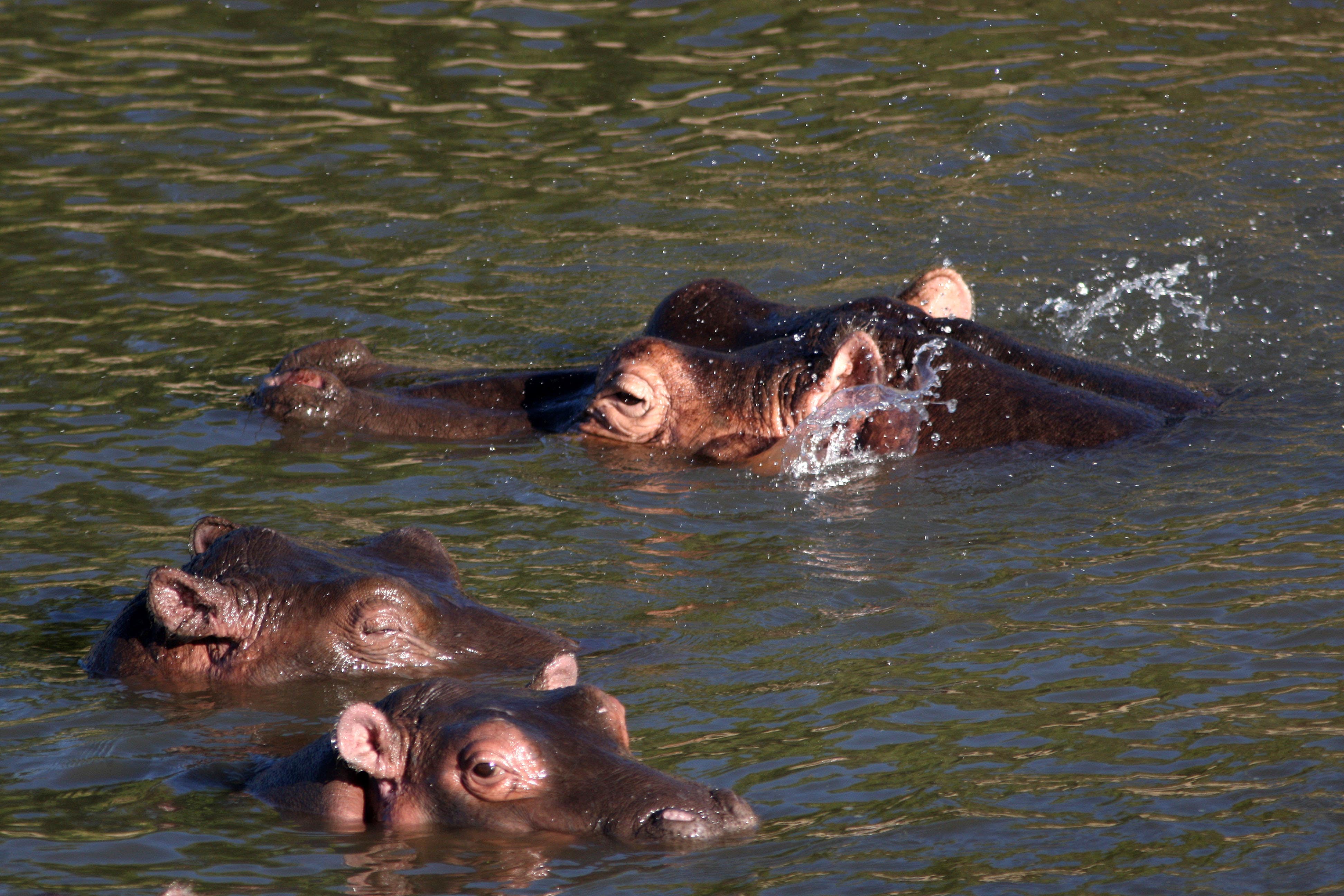Ivory ban to be extended to five new species
Those found guilty of breaching the Ivory Act could face an unlimited fine or up to five years in jail.

Your support helps us to tell the story
From reproductive rights to climate change to Big Tech, The Independent is on the ground when the story is developing. Whether it's investigating the financials of Elon Musk's pro-Trump PAC or producing our latest documentary, 'The A Word', which shines a light on the American women fighting for reproductive rights, we know how important it is to parse out the facts from the messaging.
At such a critical moment in US history, we need reporters on the ground. Your donation allows us to keep sending journalists to speak to both sides of the story.
The Independent is trusted by Americans across the entire political spectrum. And unlike many other quality news outlets, we choose not to lock Americans out of our reporting and analysis with paywalls. We believe quality journalism should be available to everyone, paid for by those who can afford it.
Your support makes all the difference.It will soon be illegal to trade ivory from a hippopotamus, walrus, narwhal, killer whale and sperm whale, the Government has said.
The Ivory Act 2018 is to be extended to cover these five species after it came into force last June to protect elephants.
Hippopotamus is the species most at risk of ivory exploitation after elephants, the Department for Environment, Food and Rural Affairs (Defra) said.
Along with walrus and sperm whale, it is classed as vulnerable on the International Union for the Conservation of Nature’s red list.
All three animals already face multiple threats from human activity including from pollution, shipping lanes, armed conflict and climate change, with the ivory trade adding extra pressure, Defra said.
Today is a good day for conservation and a step change towards international commitments to safeguard our natural world
Naturalist and TV presenter Steve Backshall said: “This is an important moment in the conservation of these iconic species.
“There is widespread public support for the ivory ban and today by extending it further we are sending a clear message that there is no place in the UK for this vile trade.”
Punishment for breaching the Ivory Act is an unlimited fine or up to five years in jail.
A spokesperson from Defra said the new extension will take effect “in due course” depending on the availability of parliamentary time.
Biodiversity minister Trudy Harrison said: “This is a pivotal moment in delivering one of our key manifesto commitments on international conservation.
“The Ivory Act is one of the toughest bans of its kind in the world and by extending greater legal protections to five more species, we are sending a clear message the commercial trade of ivory is totally unacceptable.
“The UK has long led the way in conservation and our ban shows continued global leadership in doing all we can to protect the world’s most endangered species.”
The decision comes after an “extensive public consultation” in the approach to the anniversary of the Act on June 6 last year.
Since then, Defra has issued over 6,500 registrations and certificates for exempted items which it said was necessary to protect the UK’s artistic and cultural heritage.
Frances Goodrum, head of campaigns and programmes at the International Fund for Animal Welfare (IFAW) charity, said: “As we approach the one-year anniversary of the UK Ivory Act coming into force, IFAW UK are encouraged by early indications that the ban is having a significant impact on the trade in elephant ivory.
“Yet other species are still poached globally to meet an unnecessary demand for luxury ivory products, including the hippopotamus, walrus, narwhal, sperm whale and killer whale.
“We welcome Defra’s decision to extend this powerful legislation, which will go a long way in cracking down on a damaging trade.
“Today is a good day for conservation and a step change towards international commitments to safeguard our natural world.”